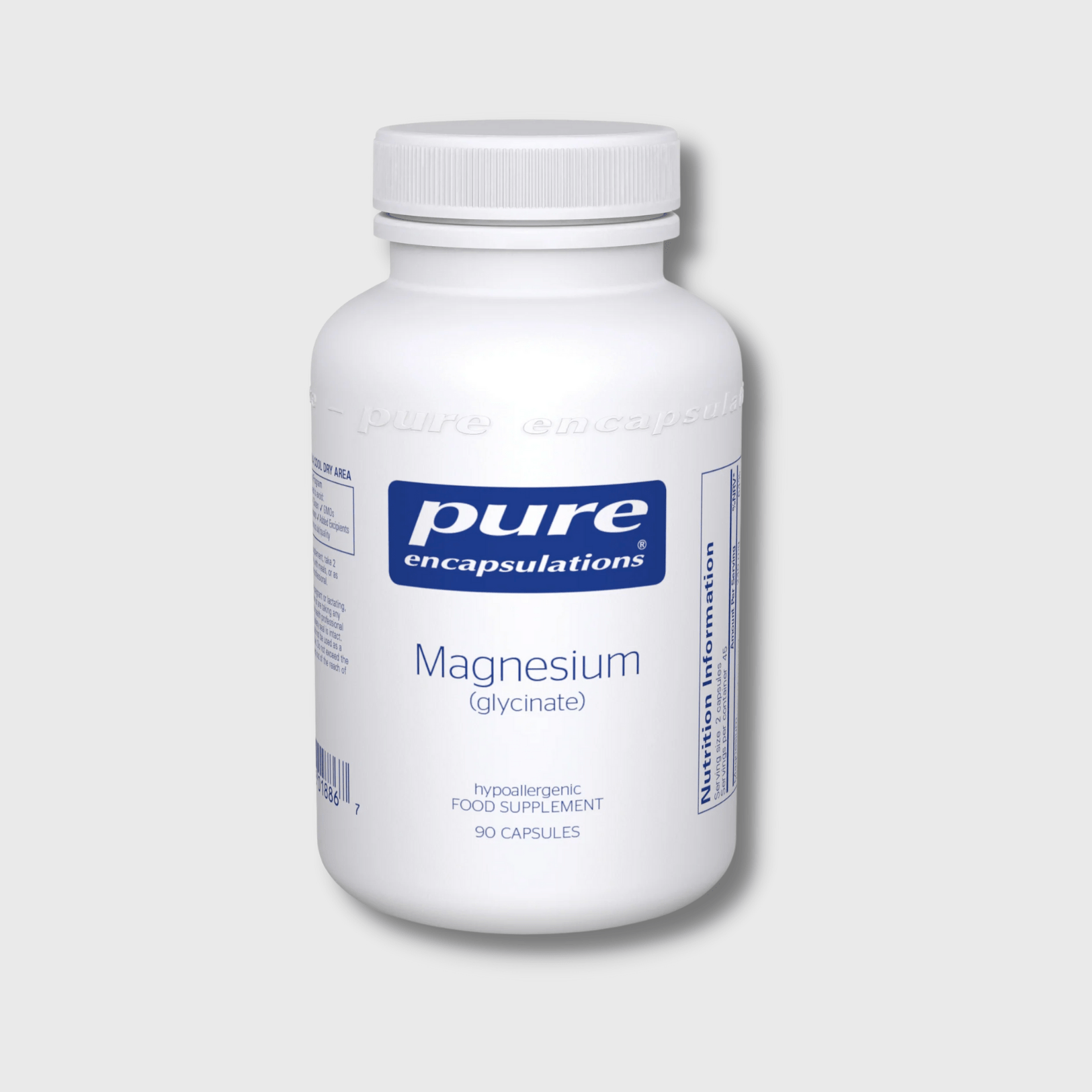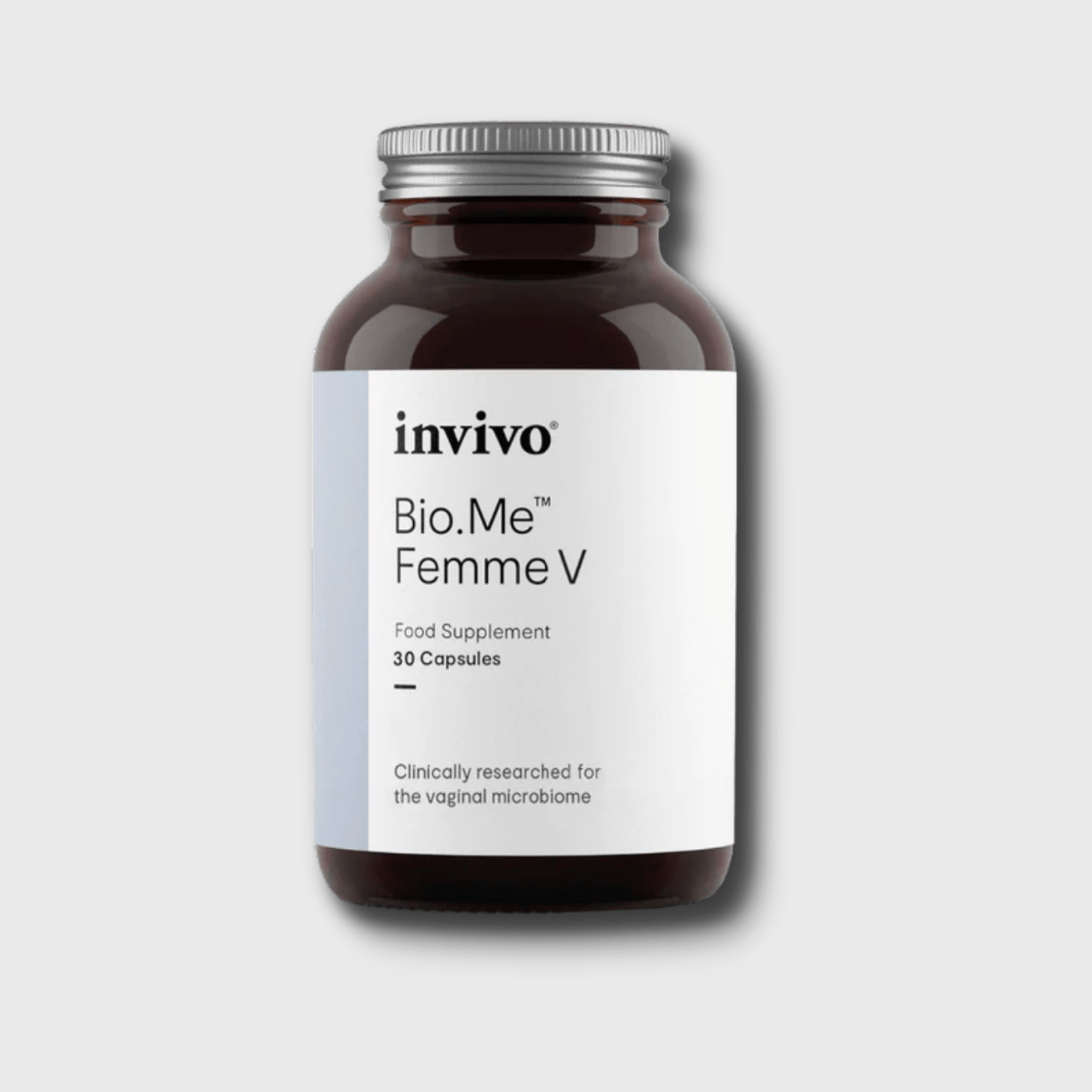
Omega-3s: Not Just for Winter
Awareness around the importance of getting plenty of good fats into the diet has grown dramatically in the last decade or so. Once unheard of, the term omega-3s is now a household name. And it’s no surprise why; low levels of omega-3 are associated with many aspects of ill health from poor cognitive function in kids and older adults, to low mood, cardiovascular health problems, poor skin and more.
Many people take extra care to look after their health during the winter months, when cold and flu bugs proliferate, yet there’s still plenty of reasons to keep up a healthy routine during the milder seasons too. And for nutrients such as omega 3s there’s even more reason to keep this routine up throughout the year.
Omega 3 - Supplement regularly for best effects
It is recommended that we all consume 2 portions of oily fish per week, but it is thought that most of us in the UK don't meet this recommendation and therefore supplementation is an incredibly useful way of ensuring optimal omega-3 intake. Research shows that once you start supplementing with omega 3s it can take up to 18 weeks for levels of Eicosapentaenoic Acid (EPA) and Docosahexaenoic Acid (DHA) to reach a peak accumulation, and supplementation needs to be maintained to sustain beneficial effects1,2.
So what areas can benefit from all year round omega 3 supplementation?
✓ Stress
✓ Mental health
✓ Mood
✓ Reproductive health
✓ Pregnancy & breastfeeding
✓ Infant development
✓ Hair, skin & nail health
✓ Joint health
✓ Cognitive function
✓ Memory
✓ Learning & behaviour in children
✓ Blood sugar balance
✓ Cardiovascular health
✓ Balanced inflammation
Which Form Should I Choose?
Omega 3 supplements are suitable for all ages but often come in different forms so it’s important that you choose the one that is best suited to your needs.
• Children 1-12 years – Children’s fatty acid needs are different from adults so a combination of omega 3, 6 & 9 fatty acids with added vitamin D is best suited to this age group
• Age 12 upwards – A pure omega 3 fish oil supplement containing Eicosapentaenoic Acid (EPA) & Docosahexaenoic Acid (DHA) is ideal for daily maintenance of omega 3 fatty acids.
• Age 12 upwards with low mood – Research shows that EPA may be more important than DHA for low mood so an omega 3 fish oil supplement with a higher ratio of EPA: DHA (6:1) is best suited to this group3-8.
• Students, adults & older adults wanting to maximise cognitive function – A combination of omega 3, 6 & 9 fatty acids with added vitamin D & CoQ10 will best suit the needs of this group.
Omega 3 - Every Day
Considering the role of fish oil supplements in ensuring adequate daily omega 3 fatty acid intake, their high level of safety, the benefits for patients at risk of chronic disease and ability to promote optimal reproductive and general health, the regular use of fish oil supplements should be encouraged as part of a healthy lifestyle.
“What you do every day matters more than what you do every once in a while”
You’ll get most benefit from omega 3 supplementation if you do it daily so take the advice of Happiness guru Gretchen Rubin9 and make a commitment to stick to your new healthy habits. As you’ll see from the many potential benefits, the investment is in your long-term health – one simple daily action can lead to a lifetime of multiple benefits.
Blog provided by Nutri Advanced.
Share






